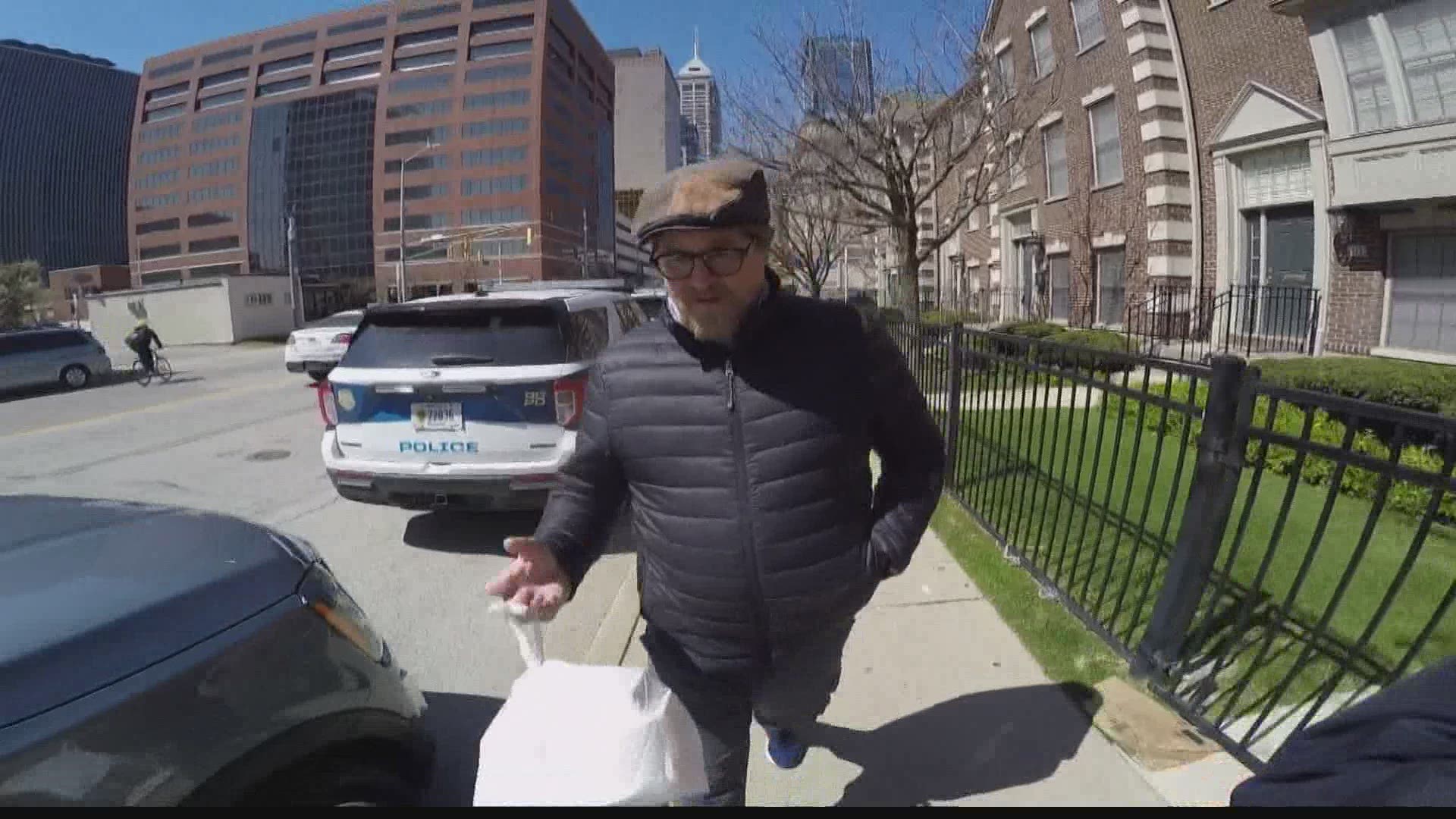INDIANAPOLIS — Like millions of people who contracted COVID-19, Ryan Wotherspoon experienced some of the virus's hallmark symptoms.
"It was the middle of August, and I woke up one morning without any taste or smell. So I pretty much knew I had it," he told 13News.
The symptoms lasted about four weeks, and when his sense of smell and taste returned, Wotherspoon figured he had put the virus behind him.
But by late October, the musician and actor noticed certain foods did not seem to taste right. His favorite frozen pizza was not the same. The burrito he regularly ordered from a Mexican restaurant seemed off too.
"I just chalked it up to they changed their ingredients. But the more I tasted things and they didn't taste the same, I thought it seemed too much to be a coincidence," he said.
It was no coincidence. And in recent months, the problem has gotten much worse.
Instead of familiar foods tasting bland or different, Wotherspoon says they now taste horrible. And the smell of food cooking makes him feel nauseous.
"It's pretty bad. You just want to spit it out. It's sour. It's dirt. It's mixed with gasoline … smoke, like burning. That's really what it is," Wotherspoon explained. "It's just like one flavor that my brain is being told everything tastes like. It's just this overall gross smell and taste that's around me all the time."

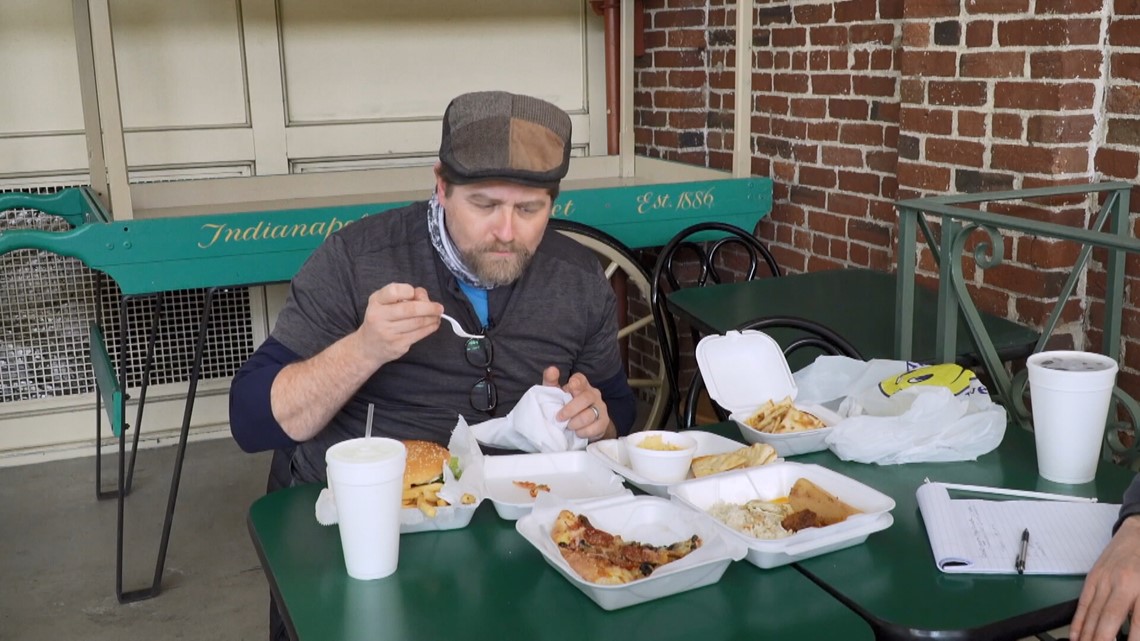
Across the United States and the globe, doctors are now seeing a huge influx of patients who have developed what used to be relatively rare smell and taste disorders. Experts say the smell and taste disorders — which can develop and worsen months after someone is first diagnosed with coronavirus — are very real, can be quite dangerous and are turning patients' lives upside down.
Diagnosing the problem
Wotherspoon — along with thousands of other people recovering from COVID-19 — is suffering from parosmia. The condition leaves patients with an altered sense of smell that often results in them detecting very unpleasant odors from things that usually smell good.
Dr. Justin Turner, director of the Smell and Taste Clinic at Vanderbilt University, explained why the distorted smells occur:
"In COVID-19, the virus infects cells that provide nutrition and support to neurons inside the nasal cavity, and as those cells die off and no longer function, the neurons die too," Turner said. "The cells can regenerate but that takes weeks or months and, in the meantime, they don't have connections to the brain and have to re-form connections."
It's during this period, when olfactory cells and neurons are forming new connections, that people will experience parosmia.
"And what's essentially happening is the brain is making new connections and trying to remember how to smell again. In that process, it gets a little confused," the doctor added.
For Wotherspoon, it means some of his favorite foods taste completely different than what he remembers.
"Like an Oreo. I love Oreo cookies. So I ate one the other day. It was good on the front taste buds, but when it hit the back taste buds, it immediately turned into hairspray," he told 13News. "It was like someone blasted Aqua Net in my mouth. It's the weirdest thing, but stuff like that now happens all the time."
Parosmia is not new. The medical condition existed long before the COVID-19 pandemic, but rhinologists and otolaryngologists (doctors who specialize in ear, nose and throat disorders) across the nation are now seeing a massive increase in cases triggered by COVID-19.
"For whatever reason, this particular virus causes smell dysfunction much more commonly that other viruses we know about," said Turner, who oversees one of the few smell and taste specialty clinics in the nation.
The U.S. Centers for Disease Control and Prevention says about 32 million cases of COVID-19 have been reported in the United States. As many as 80% of coronavirus patients lost at least some smell after contracting the virus, and 10% to 20% developed anosmia (complete loss of smell) for at least some period of time, according to Turner. He estimates between 10% and 30% of those with anosmia developed additional olfactory disorders such as parosmia or phantosmia, a separate condition in which patients sense unpleasant phantom scents that are not present. That translates to hundreds of thousands of Americans suffering from post-COVID smell distortion.

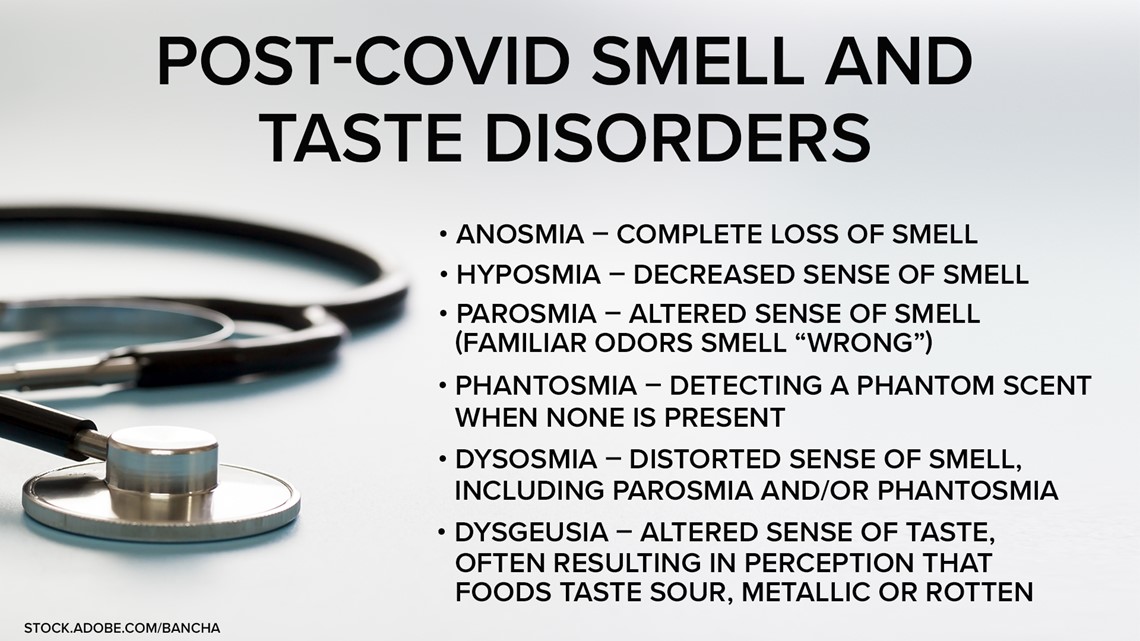
"That's a lot of people," Turner said. "We've seen a drastic influx of patients, and there's no doubt that this is something people are really experiencing."
And for patients like Wotherspoon, a distorted sense of smell is just the beginning.
Why good food tastes rotten
Because olfactory nerves in the nose directly impact our sense of taste, many patients who develop smell disorders also experience an altered sense of taste, as well. The same nasty smells translate into terrible and unexpected tastes, which can make patients feel nauseous or sick. That disorder is called dysgeusia.
Like smell disorders, dysgeusia is not new and can be a side effect of various medications, cancer treatment, diabetes, dry mouth, tobacco use and other triggers. But doctors are seeing a rapid increase in dysgeusia as a result of the COVID-19 pandemic.
"It's always been present but at a much lower rate than we're currently seeing," said Dr. Elisa Illing, chief of rhinology and interior skull based surgery at Indiana University Health. "We know smell and taste are very intimately related, and the damage to the smell nerves mainly explains the taste dysfunction. We do think it's more of a hit to the smell system than the taste system."
Dr. Turner agreed.
"The actual flavor of food we experience through smell. So when we lose our sense of smell, our taste becomes dysfunctional, as well. And when people are describing a lost sense of taste, what they are really describing is a lost sense of smell that is affecting how they taste things," he said.
For Wotherspoon, the impact has been dramatic. Onions, which he used to enjoy, trigger a terrible taste and the smell of cooking onions now turns his stomach. He said beer and wine smell and taste like rubbing alcohol. His morning mocha is gone. A quick stop at a fast food restaurant is nearly impossible.
"A Taco Bell Cheesy Gordita Crunch. I mean, in my life that is happiness, but I just can’t touch it right now," he said. "Even tap water smells gross to me right now, so brushing my teeth is really hard."
Wotherspoon has now suffered from daily parosmia and dysgeusia for more than six weeks. He is trying to view the medical disorders as a challenge, constantly looking for foods that he can swallow without getting sick and recording his findings on one of two sheets of yellow notebook paper that he keeps in his pocket. Foods that taste foul get added to his "bad" list so he remembers to avoid them. Everything else gets added to his "good" list.

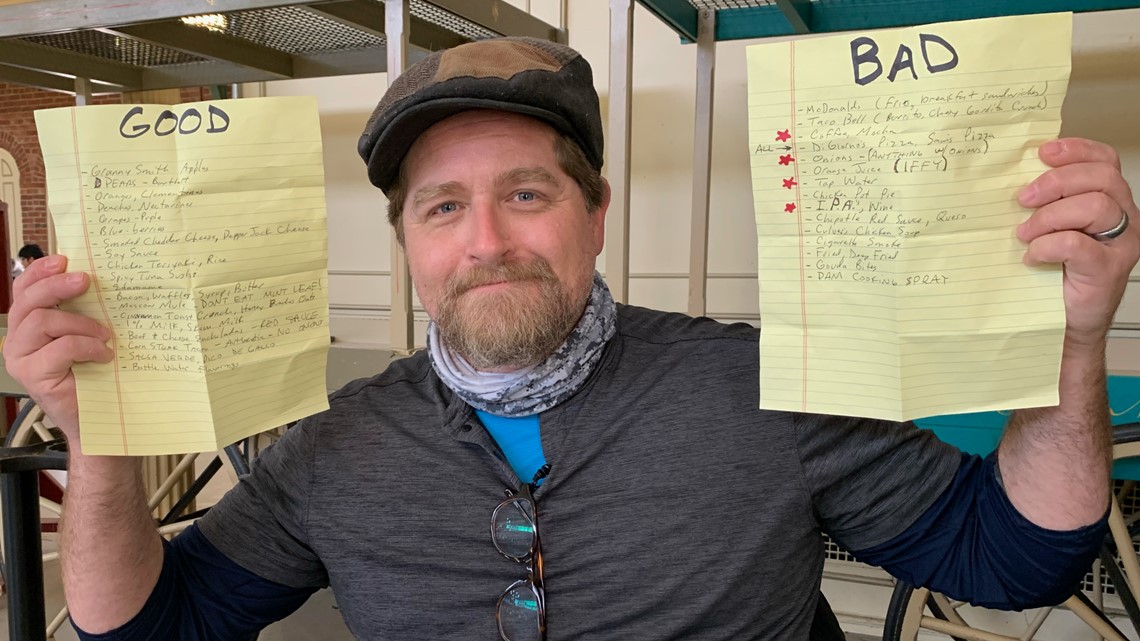
Earlier this month, Wotherspoon met with 13News at the Indianapolis City Market to try a variety of different foods. During that visit, he added the following foods to his good list: hummus and pita bread, lemonade, rice, and a cheeseburger with lettuce, tomato, pickle, ketchup and mayonnaise.
Several foods made the bad list: pizza (the sausage tasted like metal), meatballs (tasted like gasoline) and French fries (tasted like smoke and rotten food).
"I hate to say it, but that meatball tastes like gasoline," Wotherspoon said. "I'm sure to anyone else, it's great. And look at that pizza. It looks amazing. I would usually eat three of those probably, and I can't touch it … not with the sausage for sure."
While Wotherspoon said the fries did not taste good, he then tried a piece of roasted potato and reported it tasted "totally fine, just like a potato." He said fried and highly processed foods tend to trigger his dysgeusia more than foods prepared in a healthier manner.
"Sad that this is what it took to get me to eat better, but I'm eating a lot more fruits and vegetables now," he said. "It's probably what I should have been eating all along."
Dangerous side effects
Doctors say most taste and smell disorders will last only a few weeks and patients usually recover their full olfactory senses without any medical intervention. But many patients are still struggling to regain their normal smell and taste long after they recovered from other COVID-19 symptoms.
"We know 70 to 80% of patients who lose their sense of smell will recover by six or eight weeks after their infection. But because of the sheer number of people who've had COVID-19 and are still getting COVID-19, that still leaves 20% that don't have recovery by that two-month point. That's a lot of people," Turner said.
That is concerning because smell and taste disorders can have dangerous side effects.
"It really affects their quality of life significantly," said Illing, the IU doctor and professor who specializes in nasal and sinus disorders. "Patients that have smell and taste dysfunction have a higher rate of depression and can become very isolated."

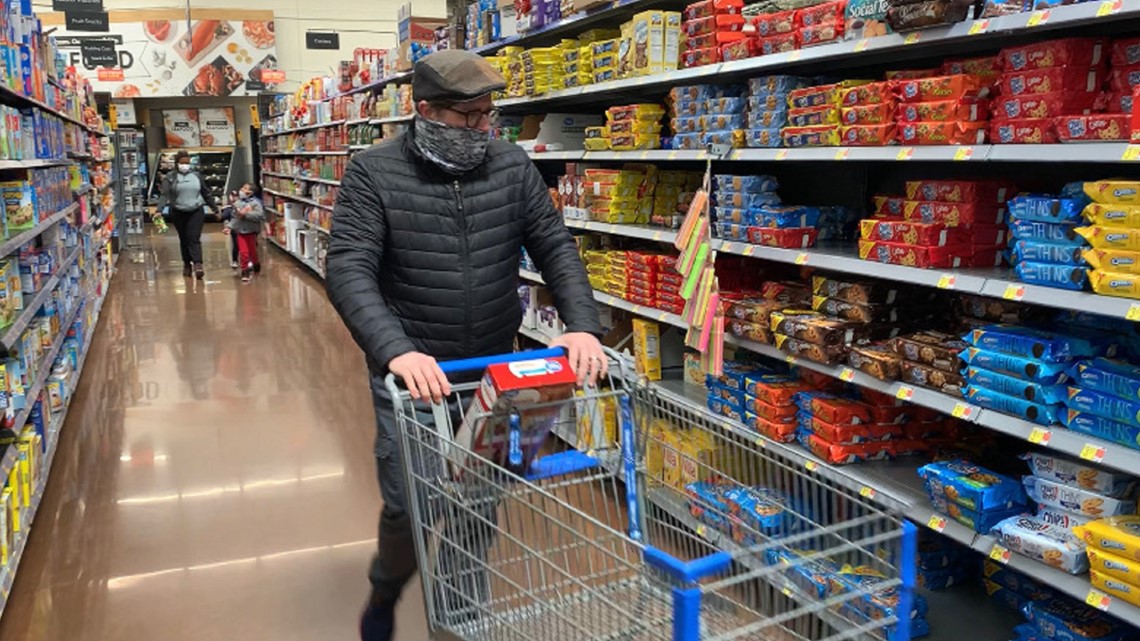
Some dysgeusia patients lose weight very quickly because they lose their enjoyment of eating and, in severe cases, can no longer receive nutrition by mouth. Not being able to differentiate between food that is safe and rotten and not being able to smell toxic fumes or dangerous odors also present unique dangers to those suffering from smell and taste dysfunction.
"These conditions can be quite disturbing and, unfortunately, there's not a lot that can be done to resolve that in the short term. It's generally something that just resolves with time," Turner told 13News.
To help people figure out how to live with these conditions, a group of British doctors started an online website and support group called AbScent. Thousands of parosmia sufferers around the world have joined the free online forums to learn more about taste and smell disorders that have skyrocketed in the wake of COVID-19.
Searching for a treatment
One of the most common questions doctors hear when it comes to parosmia and dysgeusia is whether there is any treatment. The rapidly growing number of cases has triggered new research to determine how to treat these types of disorders.
The most commonly prescribed treatment is called olfactory training or smell training, which involves patients smelling several different essential oils multiple times each day to stimulate their sense of smell.
"It's like physical therapy for the nose to re-train the smell nerves to pick up on those odors, to recreate those nerve connections to the brain to tell them what they are smelling," Illing explained.

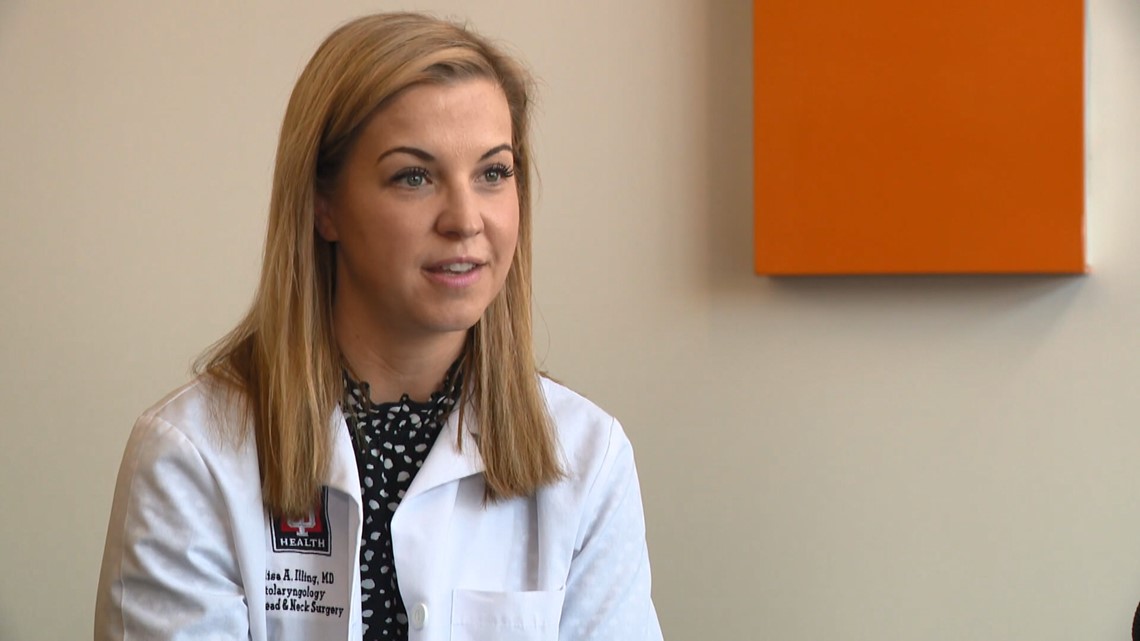
There are few published studies to prove the efficacy of olfactory training, but multiple clinical trials are currently underway, and the treatment seems to have no negative side effects.
"If it works, great. If it doesn't, we haven't burned any bridges," Turner said.
The Vanderbilt University doctor said researchers are also studying the impact of nasal steroids, vitamin A, alpha lipoic acid and other therapies to treat smell and taste dysfunction in patients.
And he said patients experiencing parosmia or dysgeusia should take comfort knowing the medical conditions are rarely permanent and actually a positive indicator of long-term recovery.
"People will often get concerned when they start experiencing parosmia and other abnormalities, but in many ways, those are actually good signs," Turner said. "Those are actually a sign that the smell center is regenerating itself and the brain is making new connections. It suggests, the recovery process is proceeding the way it's supposed to. The worst sign is if you just have no sense of smell at all for a long time. That's a very bad prognostic indicator. If your smell and taste are distorted or off, we consider that to be better than no smell whatsoever."
Some cases of parosmia last six to nine months. Rare cases have been reported to last for years.
Illing says the sooner patients seek some type of treatment, the better their chances of recovery.
"Anything lasting longer than two weeks to a month, I'd encourage patients to pursue assistance from their primary care physician and maybe a referral to a specialist," she said.
Ryan Wotherspoon has been sniffing lemon, clove, rose and eucalyptus essential oils for several weeks, but says so far they all smell like burnt rubbing alcohol. He is still missing his morning mochas and Oreo cookies.
"I can't even imagine doing this for two years," he said, washing down an odd-tasting French fry with a sip of lemonade. "If it's going to last six to nine months, I've got to figure it out. I can't just say I'm never going to eat certain foods again."

